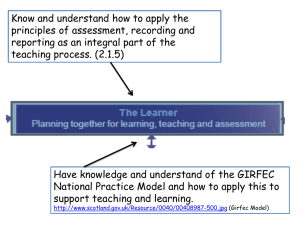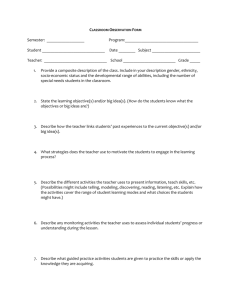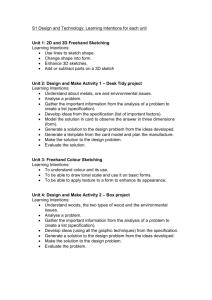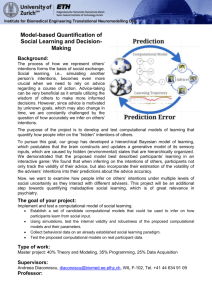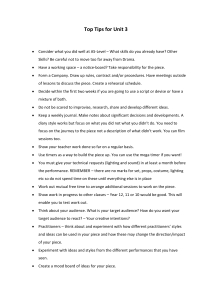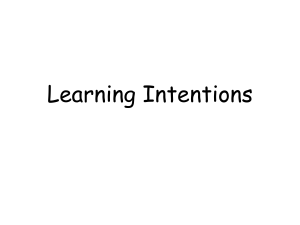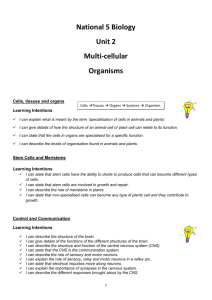Agenda - Galileo Educational Network
advertisement
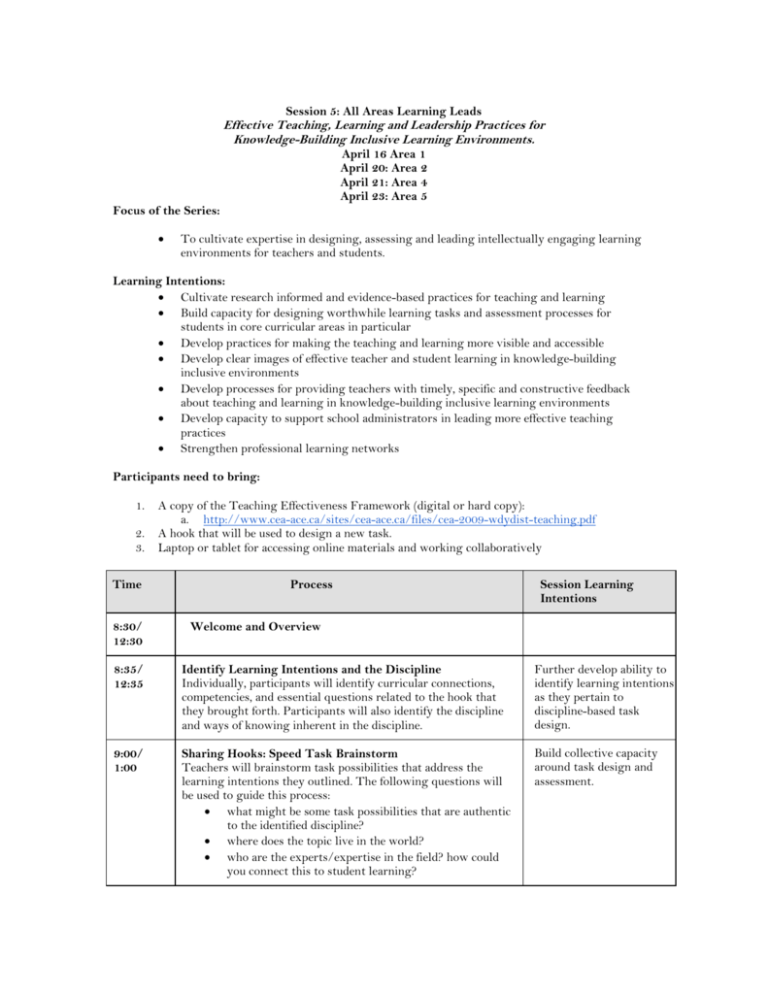
Session 5: All Areas Learning Leads Effective Teaching, Learning and Leadership Practices for Knowledge-Building Inclusive Learning Environments. April 16 Area 1 April 20: Area 2 April 21: Area 4 April 23: Area 5 Focus of the Series: To cultivate expertise in designing, assessing and leading intellectually engaging learning environments for teachers and students. Learning Intentions: Cultivate research informed and evidence-based practices for teaching and learning Build capacity for designing worthwhile learning tasks and assessment processes for students in core curricular areas in particular Develop practices for making the teaching and learning more visible and accessible Develop clear images of effective teacher and student learning in knowledge-building inclusive environments Develop processes for providing teachers with timely, specific and constructive feedback about teaching and learning in knowledge-building inclusive learning environments Develop capacity to support school administrators in leading more effective teaching practices Strengthen professional learning networks Participants need to bring: 1. 2. 3. Ti Time 8:30/ 12:30 A copy of the Teaching Effectiveness Framework (digital or hard copy): a. http://www.cea-ace.ca/sites/cea-ace.ca/files/cea-2009-wdydist-teaching.pdf A hook that will be used to design a new task. Laptop or tablet for accessing online materials and working collaboratively Process Session Learning Intentions Welcome and Overview 8:35/ 12:35 Identify Learning Intentions and the Discipline Individually, participants will identify curricular connections, competencies, and essential questions related to the hook that they brought forth. Participants will also identify the discipline and ways of knowing inherent in the discipline. Further develop ability to identify learning intentions as they pertain to discipline-based task design. 9:00/ 1:00 Sharing Hooks: Speed Task Brainstorm Teachers will brainstorm task possibilities that address the learning intentions they outlined. The following questions will be used to guide this process: what might be some task possibilities that are authentic to the identified discipline? where does the topic live in the world? who are the experts/expertise in the field? how could you connect this to student learning? Build collective capacity around task design and assessment. 9:45/ 2:15 10:00/ 2:30 BREAK Individual Reflection Teachers will reflect on the task possibilities they generated with colleagues. Deepen understanding of design principles. Collaborative Task Design Teachers will form a design team to generate a design for a discipline-based task. Further develop processes for collaboratively designing learning tasks that will engage students. 11:15/ 3:15 Task Design Feedback Participants will receive feedback on their designs. Obtain feedback to help inform next learning steps 11:00/ 3:20 Next Steps As a part of your school’s leadership team, have a conversation with your administration about how your school has taken up the TEF principles. What is working to engage teachers in collaboration around the principles? What could be worked on? Come back prepared to discuss the TEF from your school’s context. 11:30/ 3:30 Adjourn
